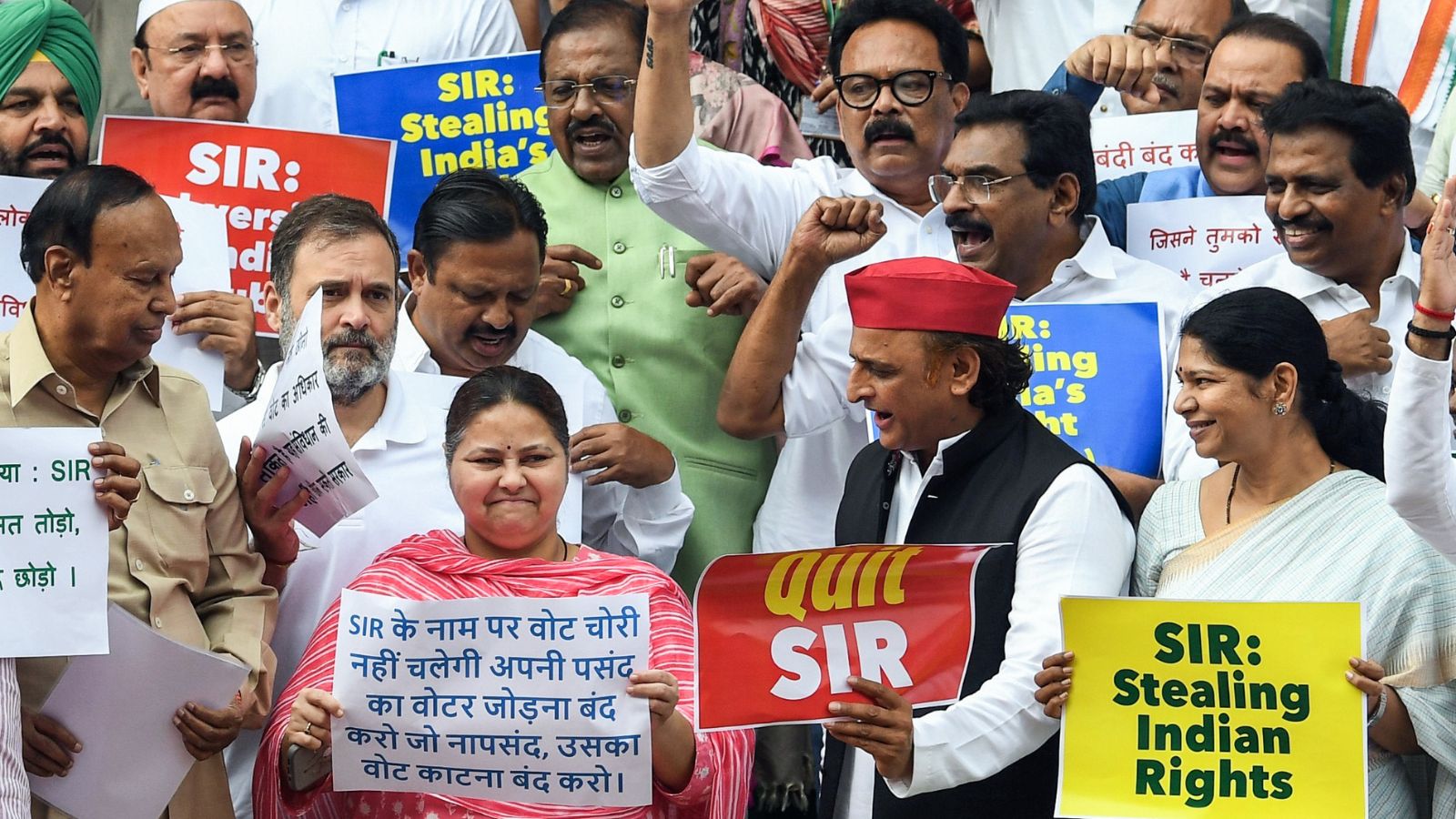The Andhra Pradesh government’s decision to amend labour laws is running into rough weather.
In a meeting of the Council of Ministers on June 4, the Labour, Factories, Boilers and Insurance Medical Services Department proposed amendments to certain provisions of The Factories Act, 1948, and The Andhra Pradesh Shops and Establishments Act, 1988.
The amendments, approved by the Cabinet, enable factories to increase the maximum number of work hours a day from nine to 10; the maximum continuous work period before a mandatory rest break from five hours to six; and the overtime cap from 75 hours to 144 per quarter.
Maintaining that it is simply following “global practices”, the government said that the amendments are part of its ‘Ease of Doing Business’ policy and will help attract investments. It also believes that those who are physically fit will be able to work longer hours and earn more.
The Left parties and labour unions hold that these changes, which they term “anti-worker policies”, infringe on workers’ rights. Civil rights bodies have also decried the amendments and have demanded that they be withdrawn unconditionally.
The focus of the National Democratic Alliance (NDA) government in the State is industrial development. The State government wants to attract more industries to backward areas such as Rayalaseema and create a large number of employment opportunities. If the NDA succeeds in pulling off this feat, it would translate into a major poll plank for the alliance in the next elections.
The government claims to have attracted several major industries to set up shop over the past year. It has also allocated land to those showing a keen interest in investing in the State. The government wants to tap the potential in investment in the defence, textiles, apparels, renewable energy, medical devices, and food processing sectors.
The government also wants to lift restrictions on women working between 7 p.m. and 6 a.m., to increase the number of women workers in the formal sector. It argues that providing safeguards such as CCTV cameras, proper lighting at the workplace, and transport facilities will help it achieve this goal. It says that this will also expand job opportunities for women as they will not only get work in small-scale units, but also in factories and the corporate sector.
Proposals to amend labour laws have always been opposed by employees’ unions and the working class across the world, and Andhra Pradesh is no exception. The Left-backed labour unions have announced protests. Even some government departments, including the Andhra Pradesh State Road Transport Corporation, have opposed the move.
The unions say that the amendments were brought about due to pressure from the Centre. They also demand to know why the amendments do not talk about a hike in wages in line with the increase in work hours.
Representing the voice of civil rights groups, the Human Rights Forum said that the increase in work hours is not a “reform” but a “regressive move” and that it shows how the government treats with contempt decades of labour struggles that have advocated for — and achieved — a humane and sustainable work environment. The Forum added that the amendments amounted to not just exploitation in terms of wages, but also paved the way for normalising overwork. This, it said, takes away the workers’ right to rest and strips away dignity from labour.
Labour unions and civil rights groups have said that the amendments are “an irresponsible and deliberate assault on labour rights and dignity” and demanded that they be withdrawn immediately.
Having promised industries on the one hand and facing opposition from workers on the other, the State government faces a tough balancing act. Earlier too, Chief Minister N. Chandrababu Naidu’s style of functioning was criticised by government employees and even adversely affected the poll prospects of the Telugu Desam Party. When he returned to power in 2024, Mr. Naidu departed from his earlier style of functioning and made it clear that he wanted to keep employees happy. But with these amendments, he is likely to be in the firing line once again. Implementing the amendments by prevailing upon industries to pay higher wages might work in his favour.



.png)
.png)
.png)
















 7 hours ago
7
7 hours ago
7







 English (US) ·
English (US) ·